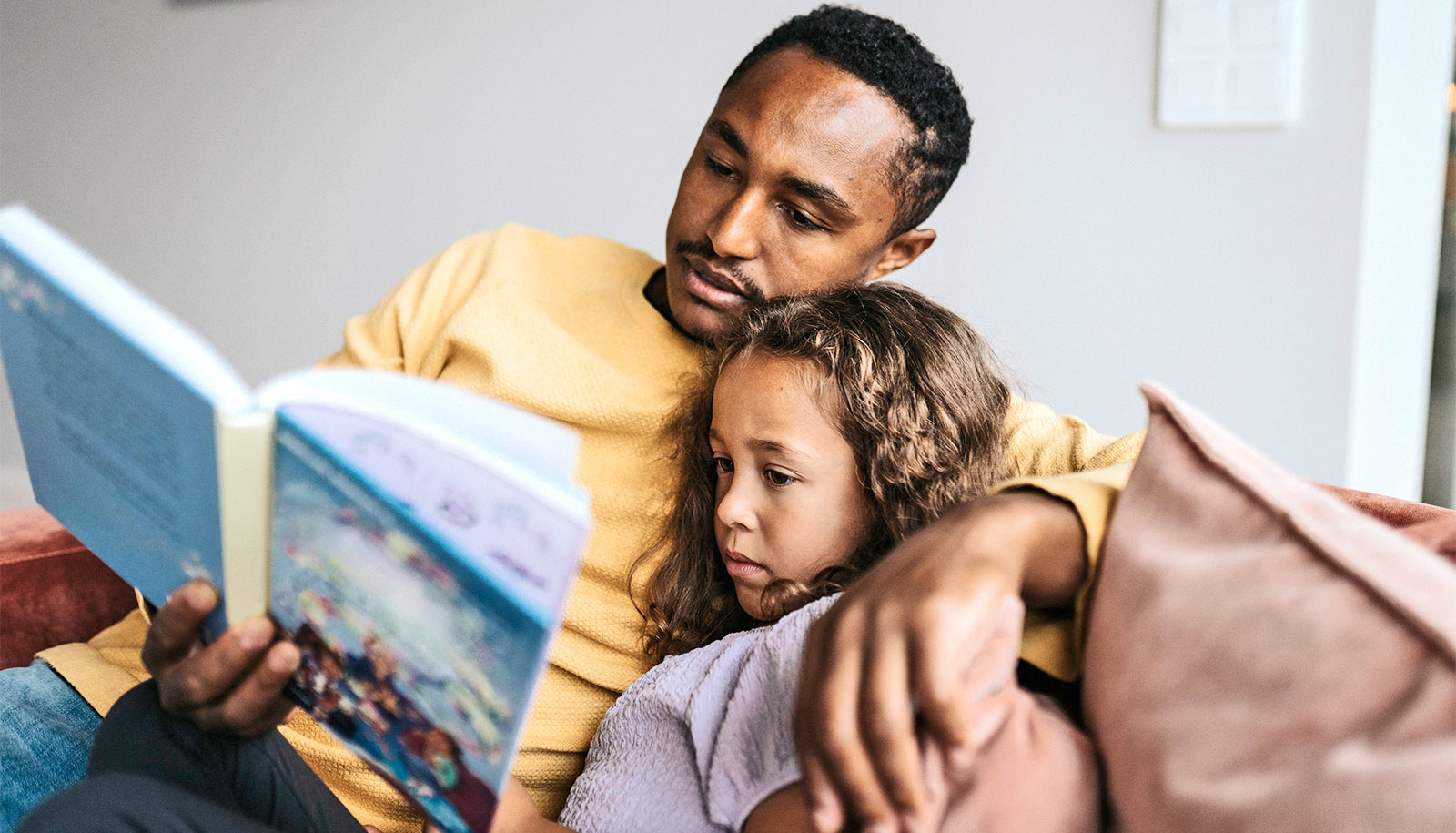Teens rarely talk to their parents about potentially risky online experiences, according to new research.
“There seems to be a disconnect between what types of situations teens experience every day and what types of experiences parents have online,” says study author Pamela Wisniewski, a former postdoctoral scholar in information sciences and technology at Penn State.
“Teens tended to be more nonchalant and say that the incident made them embarrassed, while parents, even though they were reporting more low-risk events, emoted much stronger feelings, becoming angry and scared. For teens, some felt these types of experiences were just par for the course.”
Some of these situations may include cyberbullying, sexual exchanges, and viewing inappropriate content online.
This disconnection may lead teens to refrain from talking about situations that may upset their parents, according to the researchers.
Anyone (even you) can become a troll
“When you asked why teens didn’t talk to their parents, a lot of times they mention risky situations, which they didn’t think were a big deal, but they add that if they told their parents, they would just freak out and make things worse,” says Wisniewski, now an assistant professor in computer science at the University of Central Florida.
She adds that while overreacting may curb communication, parents should avoid acting dismissive when a teen does come to them with an issue.
“When teens actually talked to their parents about what had happened, they often wanted help understanding or navigating the situation, but parents tended to misinterpret their intent, not realizing that their teens were trying to open lines of communication,” says Wisniewski. “It seemed like a missed opportunity.
“One of the takeaways for parents, then, is that if their teen goes to them with something that they are experiencing online, parents might realize that there are likely other events that their teen doesn’t come to them about. If it’s important enough for the teen to bring up to the parent, it may be important enough to use as a teachable, yet nonjudgmental, moment.”
Kids want parents to obey these 7 technology rules
A total of 136 participants—68 parents and their teens—completed diaries about their online experiences during the study. The participants filled out a pre-survey, post-survey, and eight weekly diary entries. Each week, parents and teens had to report on four potential types of online risks—information breaches, online harassment and bullying, sexual solicitations, and exposure to explicit content—they may have encountered during the week.
The researchers presented their findings at the ACM Conference on Computer-Supported Cooperative Work and Social Computing in February. The National Science Foundation supported this work.
Source: Penn State



